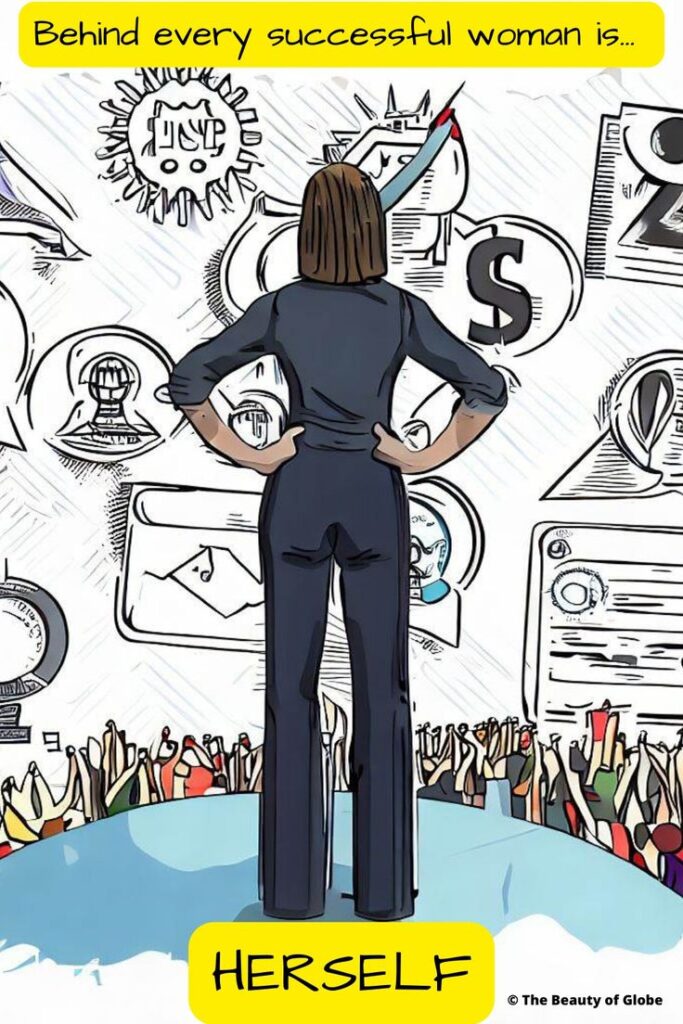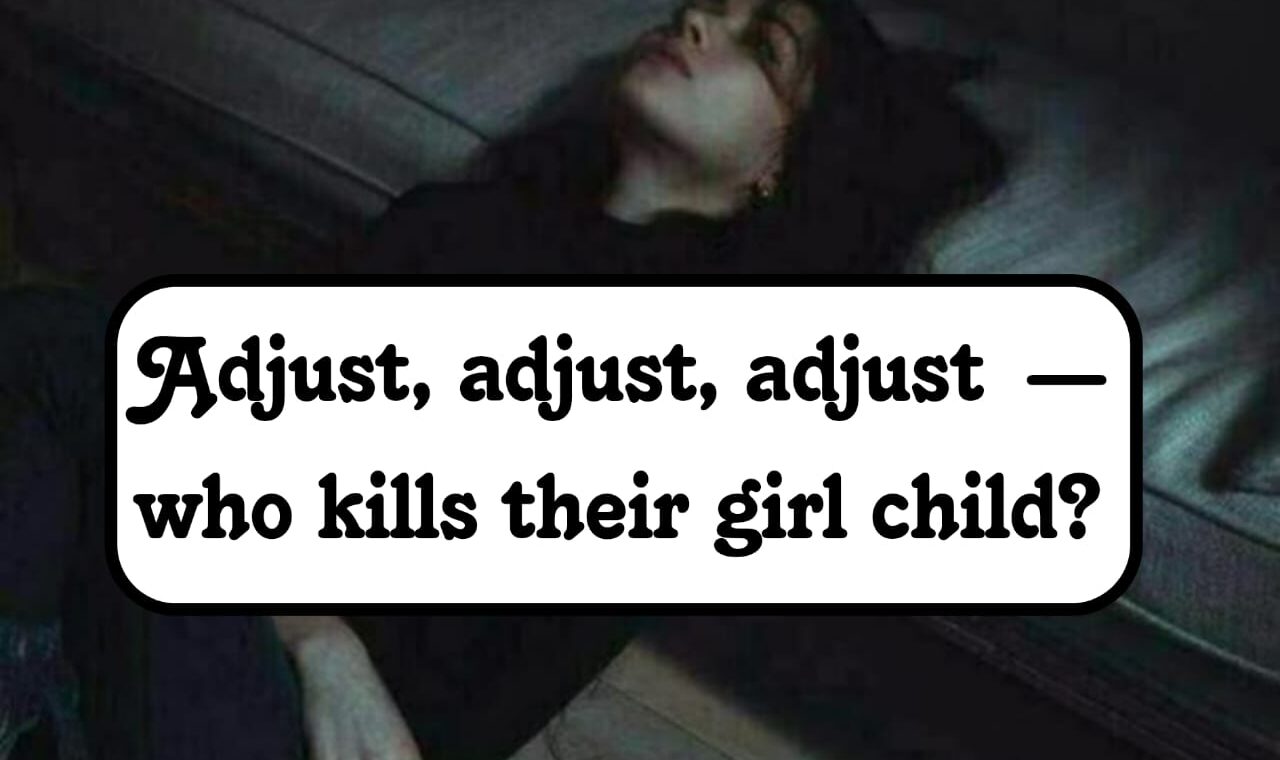Neha’s story isn’t shrouded in roses. There is no grand beginning or thrill in her love story. It is unsettling because it unfolds where expectations destroy a woman’s self-esteem. How can love turn into turmoil?
Neha was a girl with her own dreams and goals. She studied hard and became a doctor. Obedient, focused, and disciplined, she wasn’t the kind who enjoyed party nights. Her circle of friends was small but close to her heart. The rest of her time was devoted to studies. Her hard work finally paid off, she became a doctor and lived in Kannur.

Neha was in a relationship with a boy named Arun, an IT professional from Kottayam. It was a long-distance relationship that lasted eight years. They met only two or three times during that period.
For most people, this might sound unusual. But for Neha, it was priceless. She never measured love through candlelight dinners or long drives. She wasn’t materialistic. She believed in silent promises, and trusted them wholeheartedly.
Life moved on. Arun got a better job in Canada. It opened up dreams of a grand future and financial stability for him. But for Neha, that was the beginning of a storm.
Like most women of her age, she began facing pressure to marry. For some, this pressure is mild; for others, it is suffocating. Neha came from an orthodox family. Even though Arun belonged to the same caste, her parents disapproved. She was shattered, thinking her love might not survive the weight of family conflicts.

Eventually, her parents gave in. Arun persuaded her to move to Canada after marriage. Neha wasn’t mentally ready to leave her hometown, but she went along for his happiness. Ten days after their wedding, they migrated to Canada. She truly believed that this new phase of life would be joyful and memorable.
But what greeted her there wasn’t love.
Neha soon noticed a drastic shift in Arun’s behaviour. The warmth she had imagined was replaced with cold distance. He changed completely. As Neha prepared for her exams while working part-time, Arun began monitoring everything. He controlled her salary, kept records of her expenses, and accused her over trivial mistakes. He started maintaining separate financial accounts for both of them, his focus entirely on money and calculations.
Neha was heartbroken to see a stranger emerge from the man she had loved for more than eight years.
It wasn’t that she was dependent. She worked in administration while studying for her licensing exams, earning her own income. Believing that his pressure was to make her stronger and more disciplined, she pushed herself harder. She took on three jobs at once, exhausting all seven days of the week, leaving no time for herself, or for them as a couple. They began to grow apart, even while living together.
Arun, coming from a middle-class family, was always haunted by the thought that no one would ever come to his rescue. “I have to make money,” was his constant mantra. His obsession with future security completely killed his present. He lived only in the future, setting rigid plans for both their lives. Any deviation from those plans drove him mad.

Then came another blow. Neha failed the licensing exam, a requirement to practice medicine in Canada. That’s when his behaviour turned cruel.
The insults began. His words reeked of arrogance. Love turned into a transaction. She was mentally tortured to the point where she began believing she was worthless. He even told her that if another career-oriented woman had been in his life, he would have progressed further. That shattered her from within.
Arun monitored her expenses obsessively. Their financial arrangement was never fair; he insisted on a strict 50/50 split from day one of life at Canada. Every penny was tracked, as if love could be accounted for in a ledger.
Neha wanted to take a loan to buy a home for her parents, who had none. But Arun was reluctant even to support that.
When they visited India, Arun never met her parents. Eight years of love had turned to nothing. While Arun built his own little kingdom, Neha’s self-esteem slowly eroded. She couldn’t work as a doctor without her license, but what broke her most was not her failure; it was her partner’s reaction to it.
As time passed, Arun clearly lost interest in her. To him, Neha was no longer the “smart” woman he once admired. Their worlds drifted apart. Sleepless nights became her reality. She confided in one close friend but kept her parents in the dark. She feared they would not understand. Deep inside, she believed that once a girl chooses her husband and later faces trouble, society never spares her. She would be blamed, not comforted.

Neha’s mental health deteriorated. She consulted a psychologist. The cracks weren’t just in her marriage, they had spread to her mind, body, and career.
But Neha was not one to give up. Slowly, she gathered herself. She decided to return and focus on her part-time job, which would also allow her to prepare for the next exam. What lies ahead for her is uncertain. But a few beautiful years of her short life were destroyed by one life event, marriage.
Neha was never weak. She was taught to adjust, right from childhood. Most girls are. Even though they grow to be financially independent, they are still told to adjust after marriage. We speak of gender equality so often, but in reality, certain mindsets remain untouched.
This is not just Neha’s story. It is the story of countless women who were taught from childhood to “adjust to life as a spouse.”
And what about boys like Arun? They are pampered and taught that money defines worth. They are never told to adjust. Arun stands as a mirror, reflecting a truth we refuse to confront.

Picture credits : The Beauty of Globe
Our society glorifies women who sacrifice for their families and criticizes those who stand up for themselves. It praises men who earn more money, but never questions them when they lack compassion.
Parenting and society together shape the mindset of children. Teaching boys to expect and girls to adjust will only create broken marriages. Financial independence is essential, but humanity and empathy matter far more.
This cycle will only end when we start teaching boys to respect and girls to believe in themselves. The bruises are not always visible. Some are carried in silence, behind tired eyes and quiet smiles.
Neha’s story is not rare, and that is the tragedy.
Each Neha we meet is a reflection of a truth we choose to ignore.
The change will begin only when we stop teaching daughters to endure and start teaching sons to understand.
Because strength is not in adjusting.
It is in refusing to be broken again.
